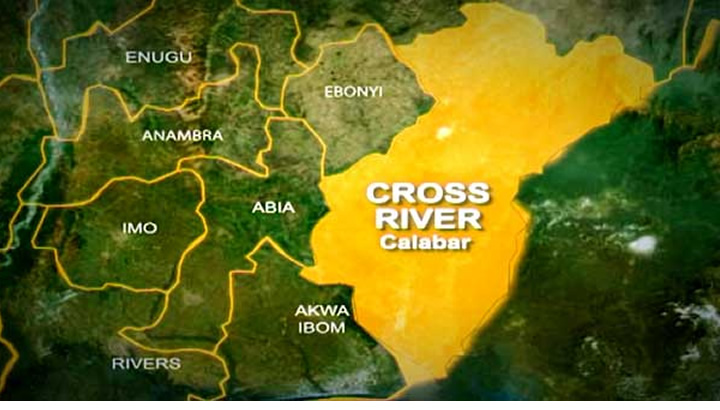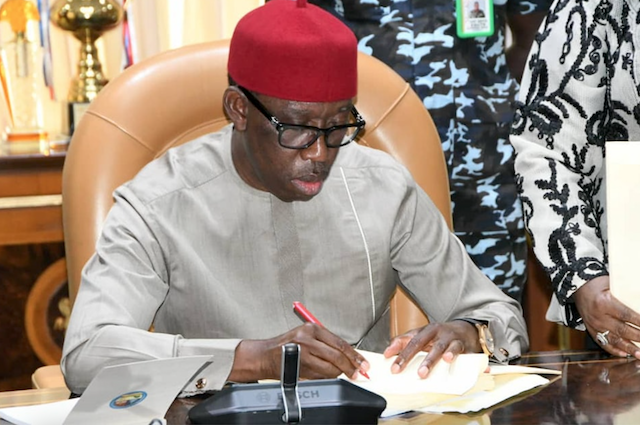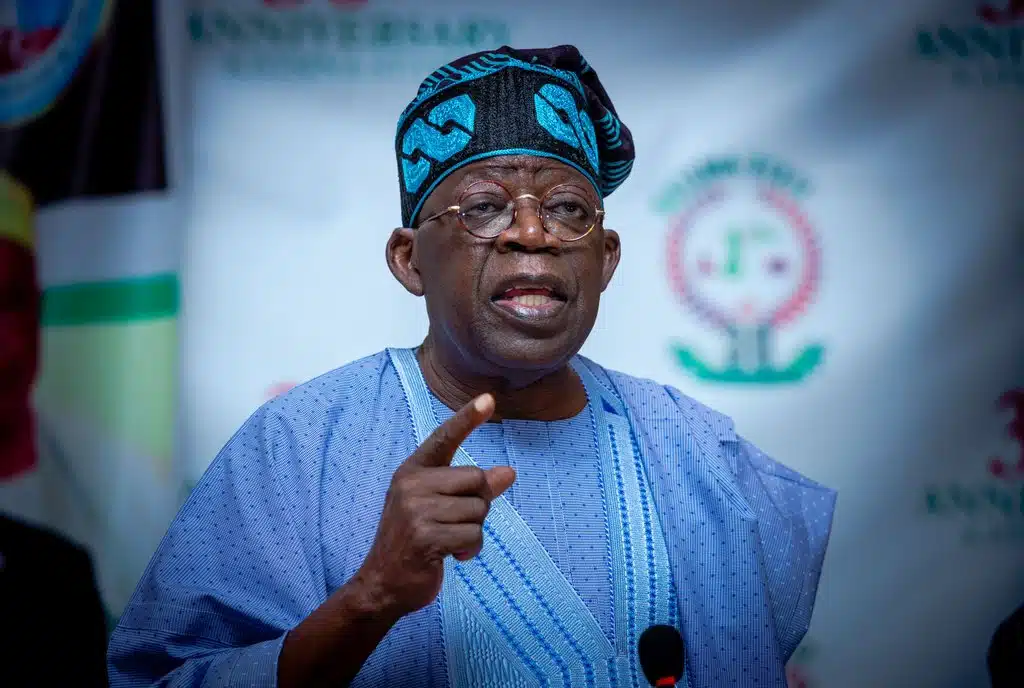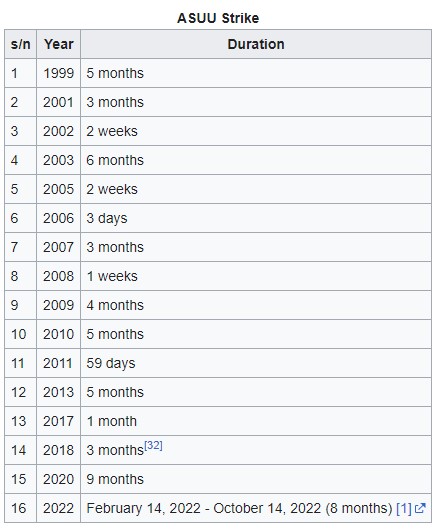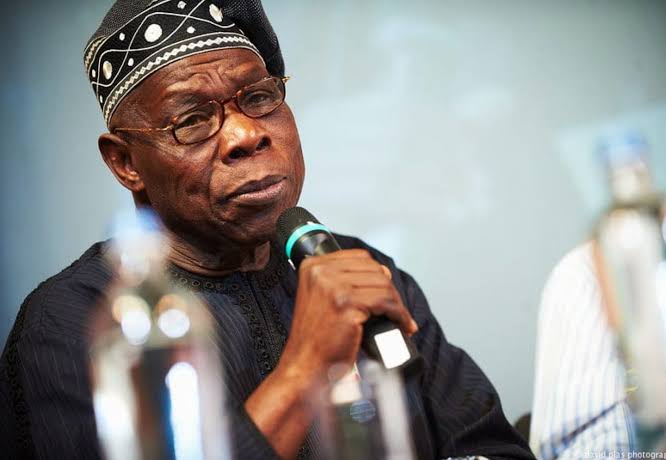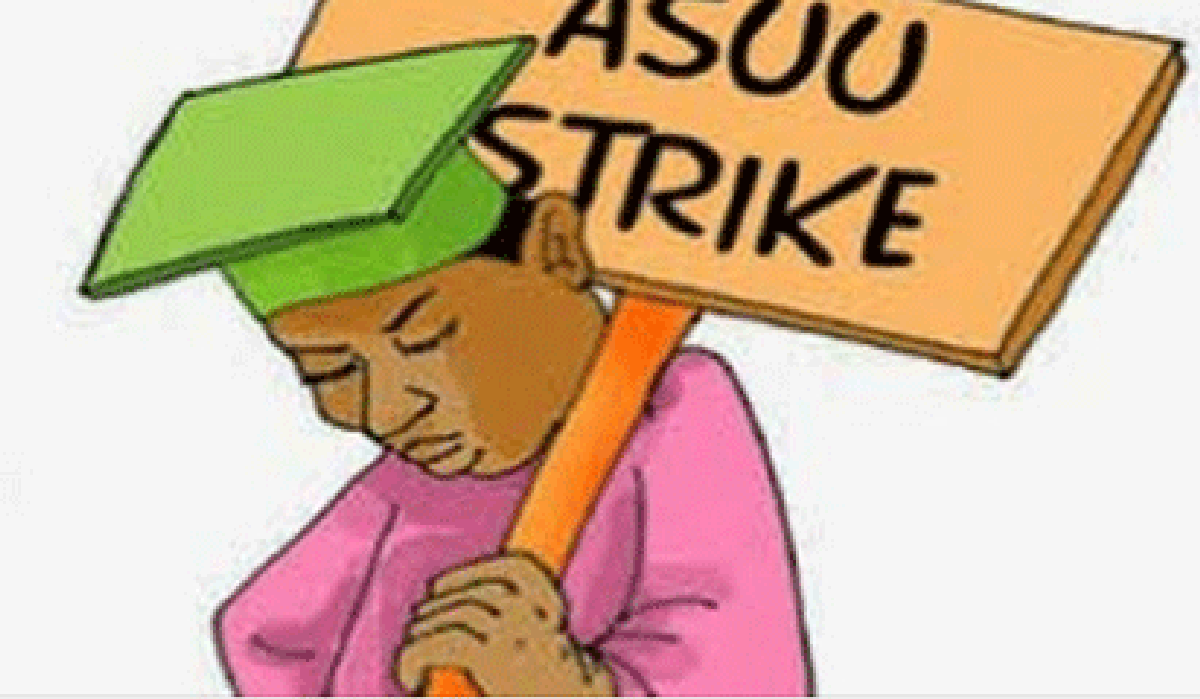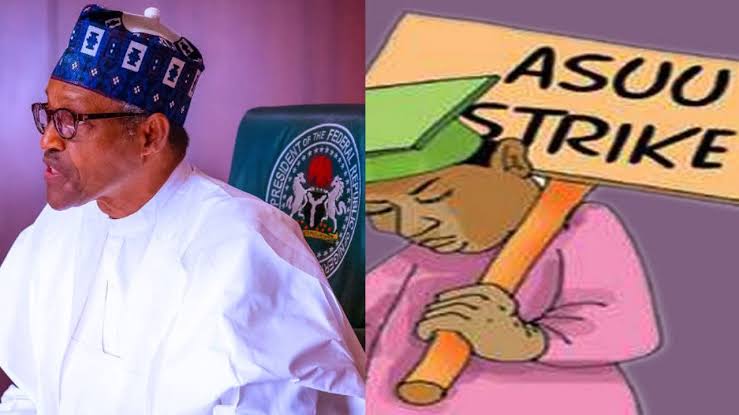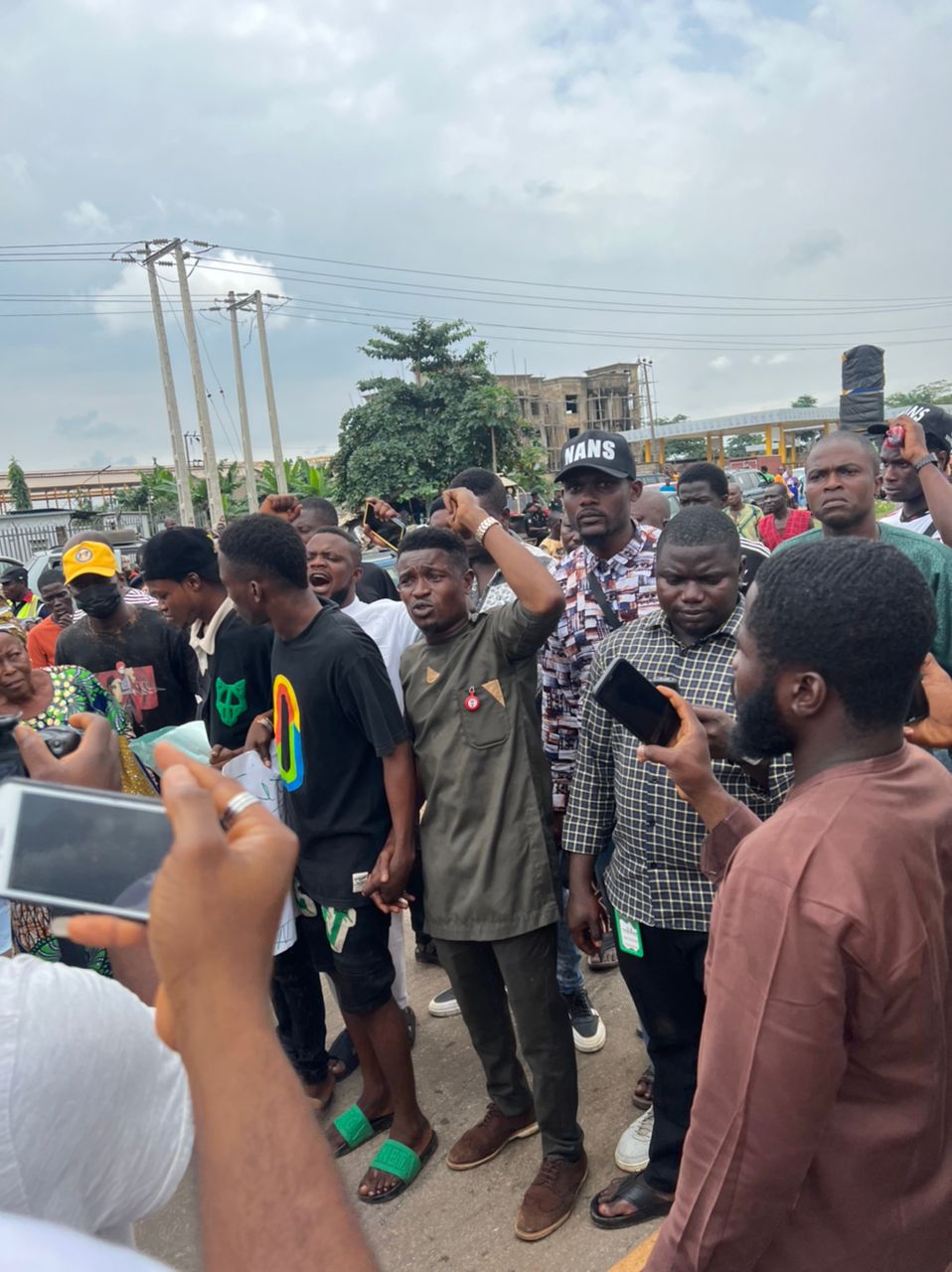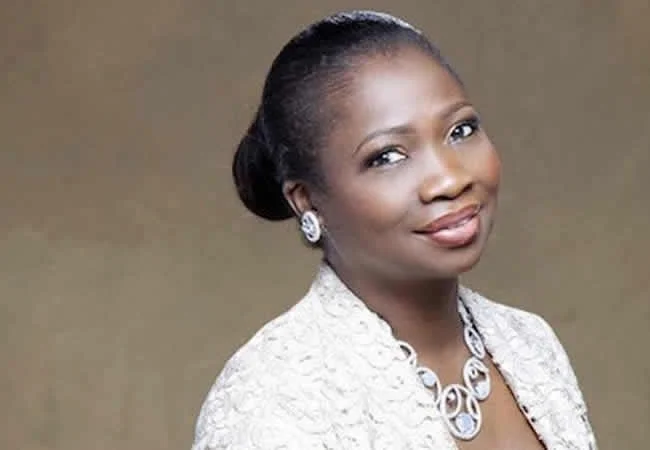Education is a critical priority for Nigeria, as it is for any nation serious about growth and development. Unfortunately, in the past ten years, we have not seen any focus on or dramatic improvement in education. Our best efforts at addressing education have put us steps behind our peer nations in all key development indicators. We inadvertently signal to the world that we do not care about the future. Education is a fundamental human right that should be available to all citizens, regardless of socio-economic status or background. This is different in Nigeria. Nigeria’s literacy rate, put at 62% by Globaldata does not make us competitive among nations and shows the dysfunctional state of our primary schools.
At this point, we do not need talks, sound bites, and pretensions. We need radical reforms backed by action to change the status quo. The Nigerian government needs to take a holistic approach to education reform that focuses on improving the quality of education, increasing access to quality education, and promoting innovation and technology in education. Acknowledged , education is on the concurrent list and Local Governments have a pivotal role to play . The federal government still has a responsibility to set policy direction for the nation.
As a first step, it may be necessary to establish a “Special Office on Education Reforms at the Presidency”, working with other levels of government and stakeholders, to fashion out a 25-year ‘Marshall plan’ to reposition education and follow up the plan with a measurable implementation strategy. It must establish policies and regulatory framework to increase literacy rates and encourage gender equality in education. While the federal government should strengthen regulatory regimes for standards nationwide, state and local governments should establish their competitiveness standards to be measured by academic performance in public examinations and evidence of high levels of numeracy and literacy skills among the children.
State and Local Governments’ proactive actions are desperately needed given the cultural dichotomies and multiplicities of geopolitical differences in both access to education and quality of education in Nigeria. There are by far too many differences in standards in the Nigerian system, and state-by-state differences, regional geopolitical differences, and differences between public and private institutions exist. The education challenges in the Muslim North are peculiarly different from those of the South. Insecurity in the North has compounded the problems.
Education statistics in Nigeria are frightening, as it faces many challenges in providing quality and inclusive education for its large and diverse population. Nigeria has the world’s highest number of out-of-school children, with about 10.5 million children aged 5-14 years not attending school. Nigeria has a low literacy rate of 65.1% according to World Bank data with significant gender and regional disparities. It has a low gross enrolment rate in primary schools of 68.3%, with 22.4 million children in public primary schools and 4.2 million in private primary schools. Nigeria ranks 124th out of 137 countries in terms of quality of primary education according to World Economic Forum . It has a low school completion rate of 63% for primary education, 44% for junior secondary education, and 17% for senior secondary education.
It allocates only about 5 to 6% of its federal budget to education, far below the recommended 15-20% national budget by UNESCO. The expenditure on education as a percentage of GDP is also low at 1.95%.
Furthermore, to underscore the crisis in our education sector, only 450,000 to 550,000 applicants who sit for JAMB out of 1.761 million in 2022 were admitted to universities. These 450-550,000 persons are 0.013% of 40 million youths aged between 15 and 24 (2020 data) eligible for university education. This lag in tertiary education opportunities is part of the reasons we are crawling as a nation. The astronomical rise in private universities from 3 in 1999 to 30 in 2009 and 111 in 2022 is evidence of the gap in university education but not necessarily about quality or affordability.
Apart from the issue of access, Nigerian Universities are plagued with poor quality of instruction and learning, leading to a generation of unemployable Nigerian university graduates because they need more skill, cognitive ability, and critical thinking capacity. This gap can be traced to the quality of our basic education which is under the purview of local governments. Research output, which is the main criterion for ranking universities globally, of Nigerian universities and Nigeria academics is comparatively low behind countries like Botswana and South Africa. And knowledge accumulation, which leads to social and human capital formation and economic development, gives developed countries an advantage over developing countries. Our low research output partially accounts for why our growth is stagnated and the rentier economy is thriving.
Conversely, estimated 5-7% of our seasoned Academics leave Nigeria annually to go overseas because of a better research environment. Several special NUC intervention schemes started earlier are either abandoned or discontinued. Such innovative schemes as Linkages with Experts and Academics in the Diaspora Scheme (LEADS) designed to attract Nigerian academics in the diaspora, Presidential Scholarship for Innovation and Development (PRESSED) for first-class graduates, and Transnational Education Scheme (TES) to boost foreign investment and partnerships between Nigerian universities and their foreign counterparts have not made the intended impact on our tertiary education sector.
The education infrastructure in Nigeria is old, decrepit, poor, and sometimes abysmal. Successive governments have failed to build new public schools commensurate to the community need, or where they do, no real investment is made in infrastructure and facilities. Most public schools’ conditions are terrible, and no one wants to study there. The school buildings and premises are “not fit for purpose”. There is an extreme level of negligence towards education. The teachers are neither well-trained nor really motivated. Private schools are personal businesses and are squeezing the living daylight out of most parents who struggle to pay the cost of private education. The curriculum emphasises cognitive knowledge (memory-oriented learning) aimed at passing examinations instead of skill base, analytical and independent thinking needed for mental and economic progress. The theory is emphasised more than practice. Education technology is significantly unavailable in most schools.
Neglect of education by government at all levels is a critical indicator of a failing state. When a state fails or is failing, the effective educational systems are privatised, or the public facilities become increasingly decrepit and neglected. Teachers and others who work in the education sector are ignored or relegated to the background, and reports to the relevant ministries are ignored.
I must acknowledge the effort of Dr Oby Ezekwesili as minister of education under Obasanjo’s presidency who embarked on comprehensive education reform, but this was dumped as soon as the government wound down. At the sub-national level, attempts by Ekiti State under Fayemi, Edo under Oshimole, and Kaduna under El- Rufai to kick start the reset of education by improving the quality of teachers was resisted by the organised labour and other entrenched interest. This, unfortunately, is the dilemma.
Recently, the federal government has devised various initiatives to deal with the education problem in Nigeria. These include Universal Basic Education (UBE) Programme, Education Tax, Safe Schools Initiative, Teacher Professional Development (TPD) Programme, National Education Policy, and the Private Sector Participation Programme. These initiatives, at best, had minimal positive effects on our education sector. Little wonder the education statistics still evoke horror reading. No doubt our education sector is broken.
I call for a state of emergency and a complete reset in education. This means a holistic education reform that will position our education sector as the social and economic growth engine. Asian Tigers, referring to Singapore, Malaysia, and South Korea, amongst others, can attribute their success to the fact that they scaled up investment in education, as well as research and development, that enhanced human capital development to improve the productivity of the workforce across all sectors. Nigeria needs to do the same. It behoves the new administration to restructure the whole education system on a priority basis and align it with modern education techniques.
Improving education in Nigeria requires a multifaceted approach that involves the government, businesses, educators, parents, and the broader community. Government should first devise a means of sustainably funding education and allocate a significant portion of the national budget to the sector. Second, improve teacher training and professional development to ensure teachers have the skills and knowledge necessary to teach in a 21st-century classroom. Third, prioritise expanding access to education, especially in rural areas. Fourth, prioritise science, technology, engineering and mathematics (STEM), then invest in vocational and technical education to equip students with practical skills relevant to the job market. Fifth, champion curriculum reforms by reviewing and updating the curriculum to ensure that it is appropriate and responsive to the needs of the country and the global economy. Sixth, embrace digital learning and promote the use of technology in education. And finally, improve monitoring and evaluation to assess the quality of education and track progress in achieving academic goals.
The benefits to Nigeria of a robust education sector providing good access, high quality, and skill and practice-driven education are evident.
A good education sector can contribute to economic growth by producing a skilled workforce better equipped to meet the job market’s needs, attract foreign investment, and boost economic productivity. Quality education is a powerful tool for poverty reduction, promotes better health outcomes, and promotes social cohesion by fostering a sense of national identity and shared values. Education can also promote understanding and tolerance among different ethnic and religious groups, therefore reducing ethnic and religious tensions and insecurity. It fosters innovation and entrepreneurship by providing individuals with the skills and knowledge necessary to start businesses and develop new technologies whilst enhancing Nigeria’s global competitiveness by producing a skilled workforce that can compete in the worldwide marketplace.
We, therefore, implore the new administration not to play Russian Roulette with our education sector. They must remember that a robust education system catalyses sustainable, social and economic development.


